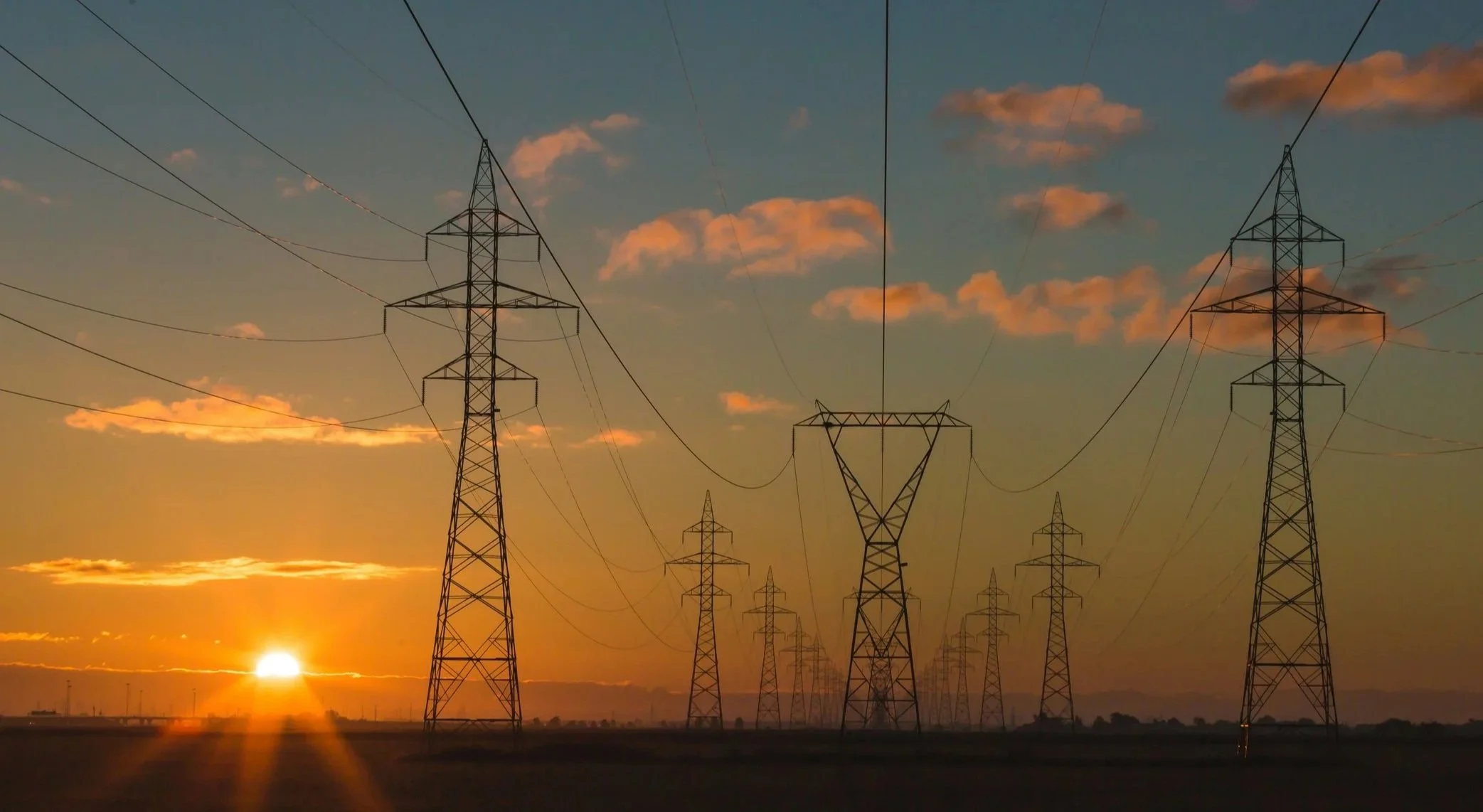About EIES
With a growing presence across key European capitals in Brussels, Berlin, Warsaw, and London, EIES brings a geostrategic and pragmatic approach to overcoming the challenges facing the energy transition.
EIES recognises that no single regulatory framework, collection of stakeholders or jurisdiction will be able to surmount Europe’s Rubik’s Cube of challenges alone. Overcoming these challenges requires an understanding of risk – geopolitical, political, financial, and environmental – that is not yet shared across Europe’s political, business and military leaders.
It works with the Energy Security Leadership Council-Europe (ESLC-Europe), a mission-driven advisory group industry, government, and military leaders committed towards a safer and more autonomous Europe that can live up to its values.
Strengthen Europe’s industrial and materials base, supporting European businesses through output-based financial support, and addressing regulatory hurdles
Protecting Europe’s clean energy and transition materials manufacturing base from non-market practices, including through trade policy
Harnessing investment into Europe
This research informs high-impact advocacy campaigns designed to educate decision-makers and the public whilst supporting collaborative European action to deliver security and prosperity.
EIES convenes policymakers, business and military leaders through high-level roundtables, workshops and dialogue platforms to bridge military-industry-policymaker silos by developing policies that advance a secure and resilient Europe.
It works with the Energy Security Leadership Council-Europe (ESLC-Europe), a mission-driven advisory group industry, government, and military leaders committed towards a safer and more autonomous Europe that can live up to its values.
Background
The EIES project was launched in 2023 by the SAFE Foundation, a US-based nonpartisan organisation committed to energy, transport and supply chain policies that advance the economic and national security of the United States, its allies and partners.
SAFE works with its Energy Security Leadership Council—a coalition of current and former Fortune 500 CEOs and retired 4-star admirals and generals—to support secure and responsible energy policies. EIES maintains independence from SAFE in its research and policy positions.
EIES is formally incorporated as Stichting European Initiative for Energy Security in the Netherlands (Chamber of Commerce number 96992980) since April 2025. EIES is supported by European philanthropy and public and private donations.
ESLC-Europe
EIES is supported by its Energy Security Leadership Council-Europe (ESLC-Europe). This mission-driven advisory group is composed of current and former industry, government, and military leaders committed to working across silos towards a safer and more autonomous Europe that can live up to its values. ESLC-Europe members support EIES through their counsel and public engagement.
ESLC-Europe Open Letter
Rebuilding European Defence Requires an Economic Engine Room and an Energy Strategy
Russia’s ongoing war on Ukraine and Washington’s new approach to European security have spurred important steps to rebuild Europe’s deterrence and defence. Delivering on this promise demands an economic and energy strategy to match. Many building blocks are in place. Chancellor Friedrich Merz and Commission President Ursula von der Leyen have moved to loosen fiscal restraints that have impeded German and European defence modernisation and stymied much-needed infrastructure improvements as well, write members of the ESLC-Europe.



